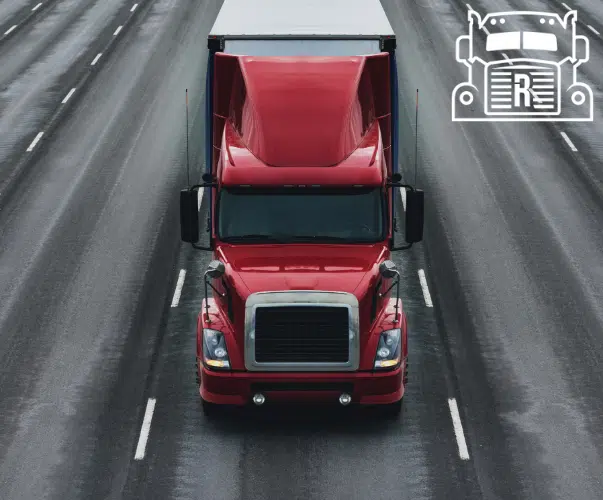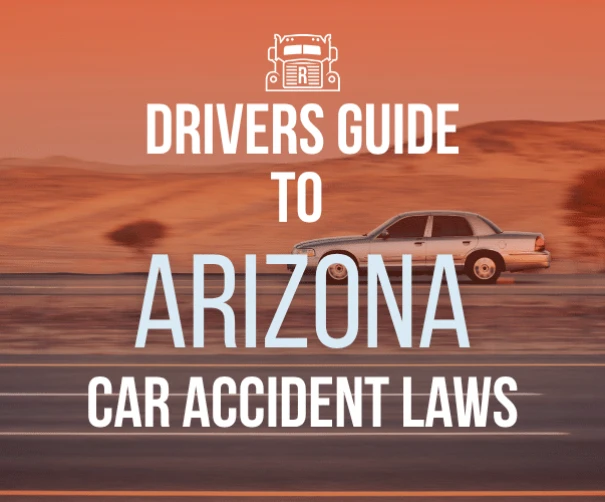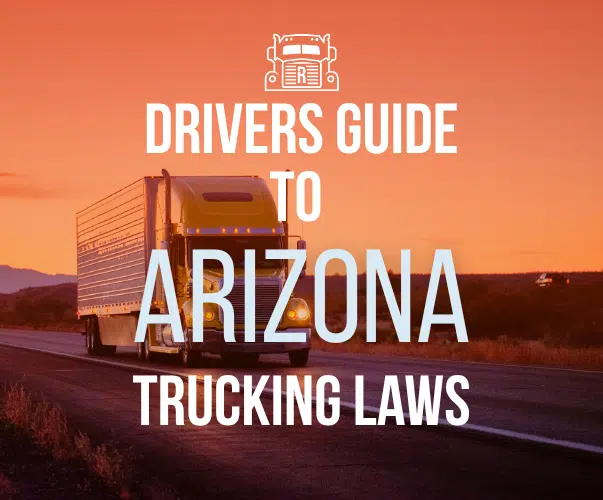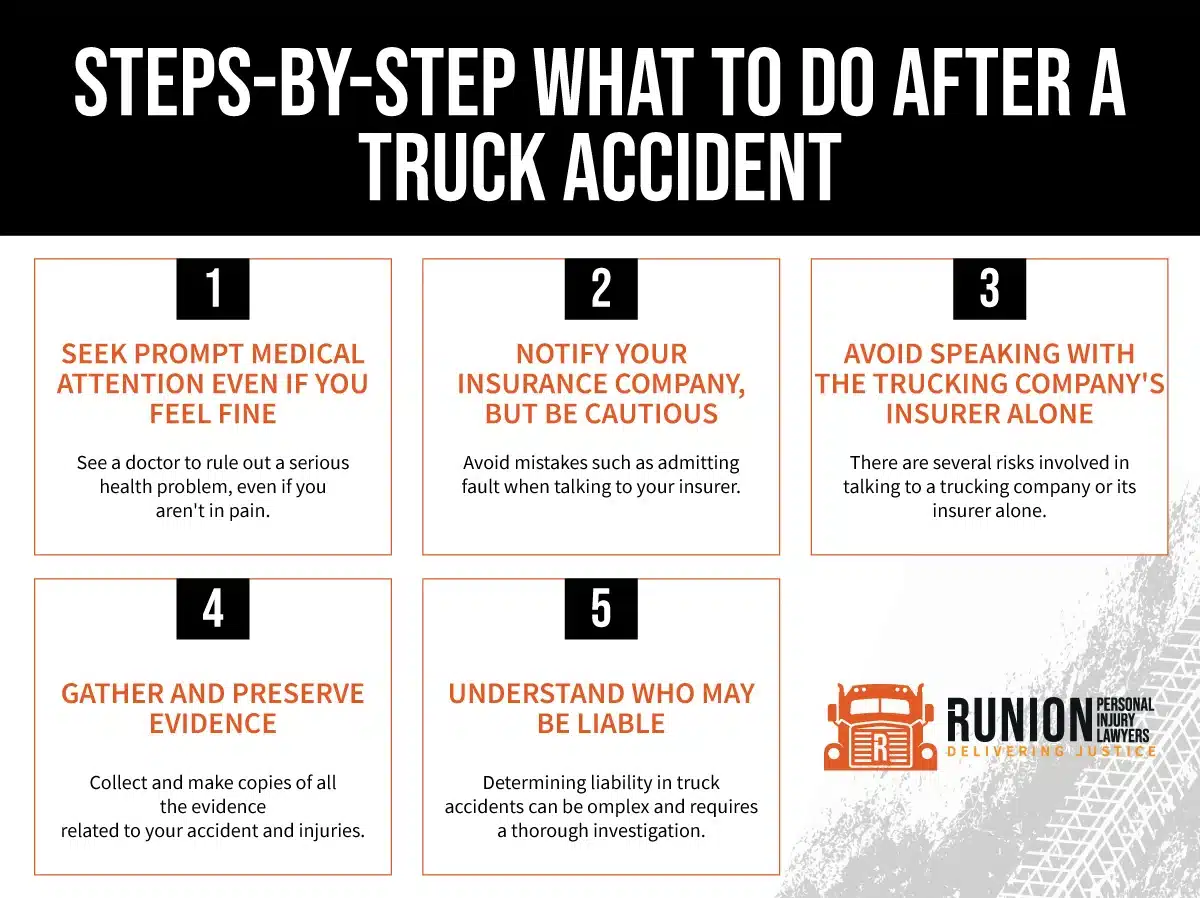What is Interstate Trucking?
Interstate trucking involves transporting goods or passengers across state or national borders—such as from Arizona to New Mexico or the U.S. to Canada. These routes are typically handled by larger carriers engaged in long-haul operations.
The Federal Motor Carrier Safety Administration (FMCSA) governs interstate trucking. In order to operate legally, drivers must have the following per federal requirements:
- A USDOT Number and possibly an MC Number
- Compliance with federal Hours of Service rules
- Unified Carrier Registration (UCR)
Also, insurance requirements are typically higher for truckers travelling interstate.
What is Intrastate Trucking?
Intrastate trucking occurs entirely within one state. In these operations, a driver transports goods or passengers from one location to another without crossing state lines. This type of trucking is common for local deliveries and in-state freight services.
State laws and departments of transportation primarily regulate these operations. For instance, the Arizona Department of Transportation (ADOT) oversees intrastate trucking in Arizona.
For intrastate travel, truckers must follow state-specific regulations. Also, insurance minimums are typically lower than those for interstate operations. However, a USDOT number may still be required depending on the vehicle’s weight, type, or cargo.
Key Differences Between Interstate and Intrastate Trucking
| Feature | Interstate Trucking | Intrastate Trucking |
| Governing Body | Federal | State |
| USDOT Number Required | Yes | Only if the state requires it |
| MC Number Required | Yes, for transporting goods for hire across states | Not required |
| Compliance Rules | Federal Motor Carrier Safety Regulations | State-specific trucking regulations |
| Operating Area | Across state lines or international borders | Strictly within one state |
| Typical Use | Long-haul freight, national logistics, cross-border shipping | Local deliveries, regional hauling, and in-state contracts |
| Insurance Minimums | Higher and federally mandated | Lower and varies by state |
| Driver Logbooks and ELDs | Mandatory under FMCSA rules | Depends on the state |
| Safety Audits | Subject to FMCSA audits | Subject to state inspections and audits |
How To Tell if a Truck Was Interstate or Intrastate
You can determine whether a truck was interstate or intrastate at the time of an accident by looking at the truck’s:
- USDOT number
- License plate
- Company information
- Route, manifest, and GPS logs
In addition, police reports and legal discovery can help identify a truck’s operations.
Why the Distinction Matters in a Truck Accident Case
In a truck accident case, the distinction between interstate and intrastate driving can significantly affect the process of a claim and your ability to recover compensation. It determines whether federal or state laws apply to the case.
For example, if a trucker was operating intrastate, the state they were driving in would have its own rules on trucking operations, liability standards, and accident procedures. This can influence how liability is determined and which parties—such as the trucking company, driver, or others—may be held legally responsible. Meanwhile, if the case involves multiple jurisdictions, it can become more complex, raising questions about which state’s laws apply to liability, damages, and legal procedures.
The type of travel can also help establish negligence, as interstate and intrastate truckers follow different rules regarding hours of service, vehicle maintenance, and driver qualifications. By determining which type of travel was taking place, your attorney can then begin investigating whether the trucker was following the applicable rules and regulations at the time of the collision.
Insurance minimums differ as well, and this could impact the amount of compensation available. The FMCSA requires interstate carriers to carry higher minimum insurance limits. However, intrastate carriers follow state minimum insurance requirements, which are often lower. This distinction, especially in cases involving serious injuries or wrongful death, can affect how much of a damages award you are entitled to.
How Runion Personal Injury Lawyers Can Help With Truck Accidents in Arizona
Rather than navigate the complexities of a truck accident case on your own, consider enlisting the help of a seasoned and well-versed attorney. At Runion Personal Injury Lawyers, our legal team can take on the task of investigating your case and identifying all involved parties.
We can determine whether the trucker was travelling intrastate or interstate and apply the correct regulations and rules to your case. We’ll pursue maximum compensation on your behalf, regardless of the liable party’s company size or coverage. Our knowledgeable attorneys possess the necessary tools and skill set to effectively represent your case.
Contact an Experienced Truck Accident Lawyer for Help After a Crash
Truck accident claims are complex personal injury cases. They often involve multiple parties, large trucking companies, and massive insurance providers. These parties have unlimited resources to investigate the crash and fight your claim.
If you were injured in an truck accident in Phoenix, AZ, and need legal help, contact our Phoenix personal injury attorneys at Runion Personal Injury Lawyers to schedule a free case review today.







